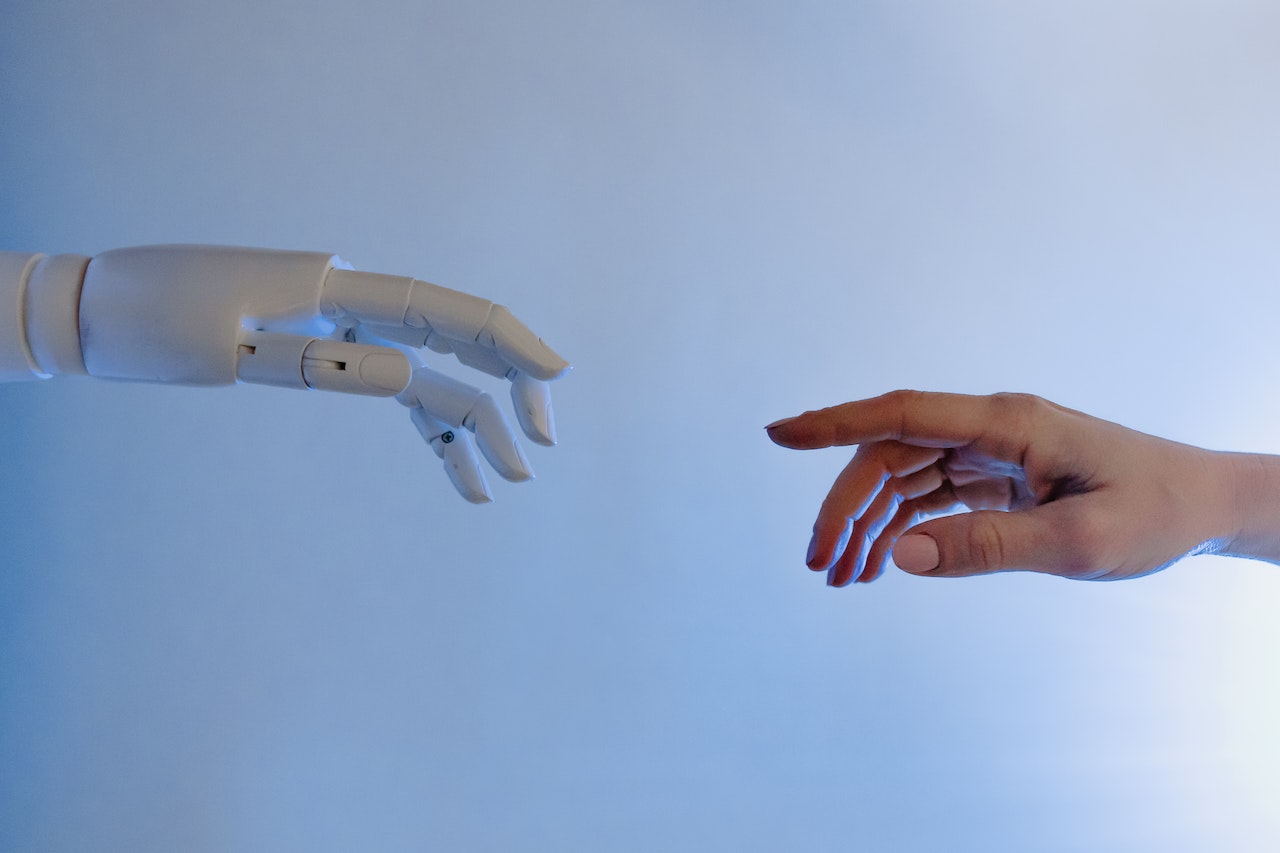Introduction
Is it ethical to create an artificial intelligence based on a human? As artificial intelligence advances, researchers have begun to explore the ethical implications of modeling AI after people. By doing so, these AI systems can begin to replicate human qualities, offering a potential benefit to society in a variety of ways. However, introducing AI that bears a resemblance to humans raises important ethical questions about what makes us unique as a species, and whether or not the potential advantages of artificial intelligence should be pursued despite the risks.
Exploring the Ethical Implications of AI Modeled After People
The ethical considerations of AI modeled after a human being need to be fully assessed before any development moves forward. A number of complex philosophical questions arise when looking at this topic, such as:
What rights should we grant to artificially intelligent beings?
AI machines modeled after humans threaten to blur the line between artificial and natural intelligence. In a worst-case scenario, AI machines could be seen as equal beings deserving of equal rights. However, granting rights to machines could hinder the progress of future scientific advancements and complicate existing legal frameworks.
What qualifies as human?
Creating AI machines that are modeled after people is likely to raise questions about what makes us human. Are human traits as simple as a certain emotional or intellectual capacity or are they more complex qualities? If AI systems can replicate human behavior, can they be said to possess consciousness in the same way that humans do?
Should we be replicating our own behavior?
The prospect of creating AI that replicates human behavior is sure to clash with our conscience. To what extent should we take advantage of machines and give them the cognitive powers that make us human? Furthermore, is it our right to replicate ourselves and our behaviors in machines?
Read More: What are the ethical implications of using AI to detect fraud?
Quantifying the Human Impact of Replicating Ourselves in Machines
The development of AI modeled after people is likely to have a profound effect on human society in a variety of ways.
Society’s Attitude Toward Technology
Creating AI that replicates human behavior and qualities is likely to change the way we think about technology and its role in our lives. It could lead to people assigning human qualities to machines, or make humans feel as if their intelligence and capabilities are being diminished.
Reduction of Human Workforce
The introduction of AI machines modeled after people could potentially reduce the need for human participation in the workforce. The introduction of artificially intelligent machines brings with it the uncertainty of job loss, potentially leaving some people unemployed and unable to find work.
Increased Potential for Abuse
The development of AI machines modeled after people is sure to raise concerns about potential misuse or abuse. Machines modeled after people could be manipulated and used for purposes that were not intended, resulting in a violation of our rights and privacy.
Conclusion
Is it ethical to create an artificial intelligence based on a human? Creating AI machines based on people has a vast potential for technological advancement, but the ethical implications of doing so must be thoroughly examined. Although creating machines that can replicate human behavior could benefit society in many ways, it is important to weigh these potential benefits against the potential risks before we pursue them any further.

Aleksandar Paunovski is a Computer Science student at New Bulgarian University. He has more than 20 years of experience with computer systems. Aleksandar knows PHP, JavaScript, C++, CSS, and HTML and is an expert on WordPress, computer security, Linux, Mac OS, Chrome OS, and Windows. When not busy making sites, Aleksandar loves to listen to 90’s music, walk in the park, and post on his blog.
